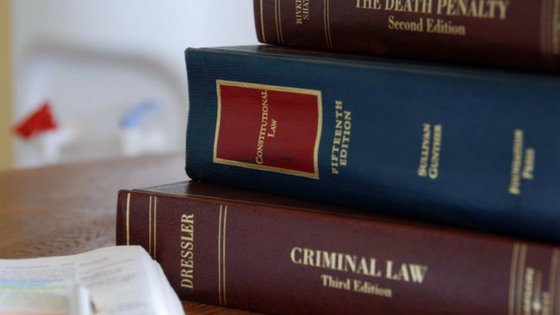A law professor has published an article arguing against a bill in Congress that would exempt lawyers “engaged in litigation activities” from having to comply with the Fair Debt Collection Practices Act.
Jeff Sovern, a law professor at St. John’s University who also helps manage the Consumer Law & Policy Blog, came out this week against the American Bar Association, which is endorsing the bill, H.R. 5082, the Practice of Law Technical Clarification Act of 2018.
The bill has already been passed by the House Financial Services Committee, and the American Bar Association is mobilizing its members to reach out to their members of Congress to lobby on behalf of the bill.
If passed, the bill would amend the FDCPA to add the following language into the section of the bill that details the types of individuals and institutions that are not part of how the law defines a “debt collector.”
- Any law firm or licensed attorney, to the extent that
- (i) such firm or attorney is engaged in litigation activities in connection with a legal action in a court of law to collect a debt on behalf of a client, including
- serving, filing, or conveying formal legal pleadings, discovery requests, or other documents pursuant to the applicable statute or rules of civil procedure;
- communicating in, or at the direction of, a court of law (including in depositions or settlement conferences) or in the enforcement of a judgment; or
- any other activities engaged in as part of the practice of law, under the laws of a State in which the attorney is licensed, that relate to the legal action; and
- (ii) such legal action is served on the defendant debtor, or service is attempted, in accordance with the applicable statute or rules of civil procedure
- (i) such firm or attorney is engaged in litigation activities in connection with a legal action in a court of law to collect a debt on behalf of a client, including
Reading settlements and consent orders with collection attorneys is not a good indicator that fewer consumer protections are needed, Sovern argues.
In my view, lawyers should not seek or obtain exclusions from the FDCPA. The robo-signing scandal was only a few years ago, and lawyers did not exactly cover themselves in glory on that one. Robo-signing may have gone on for years, despite state courts and ethical rules. The CFPB has brought a number of cases against lawyers behaving badly in debt collection matters.
Not all lawyers are in favor of the bill. A group of 20 state attorneys general are opposing the bill because it would “immunize” collection law firms and attorneys from liability under the FDCPA.








